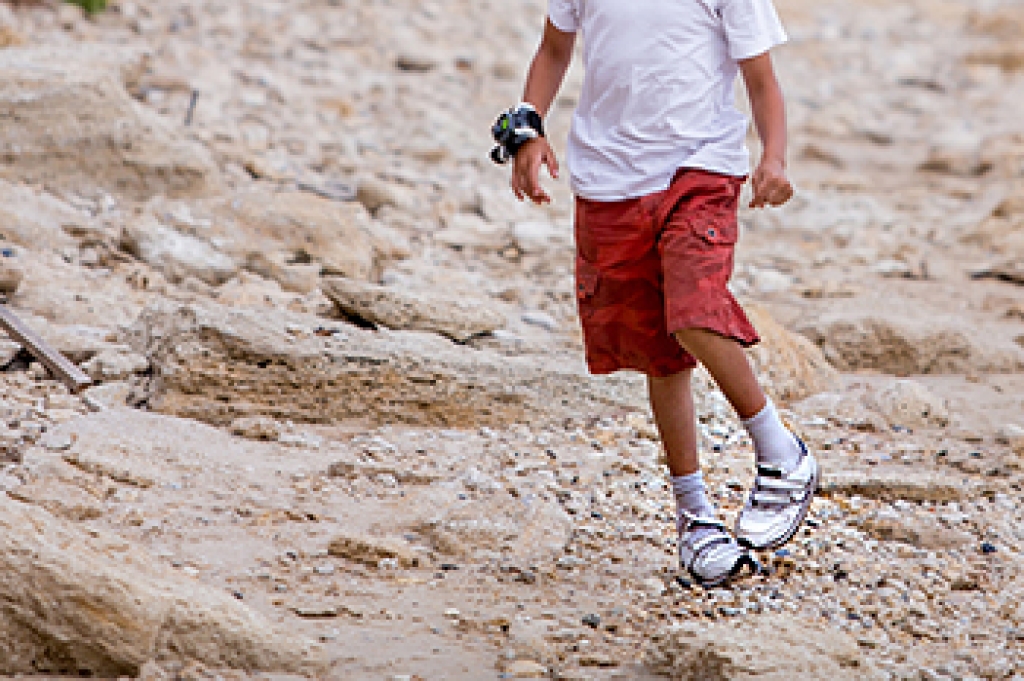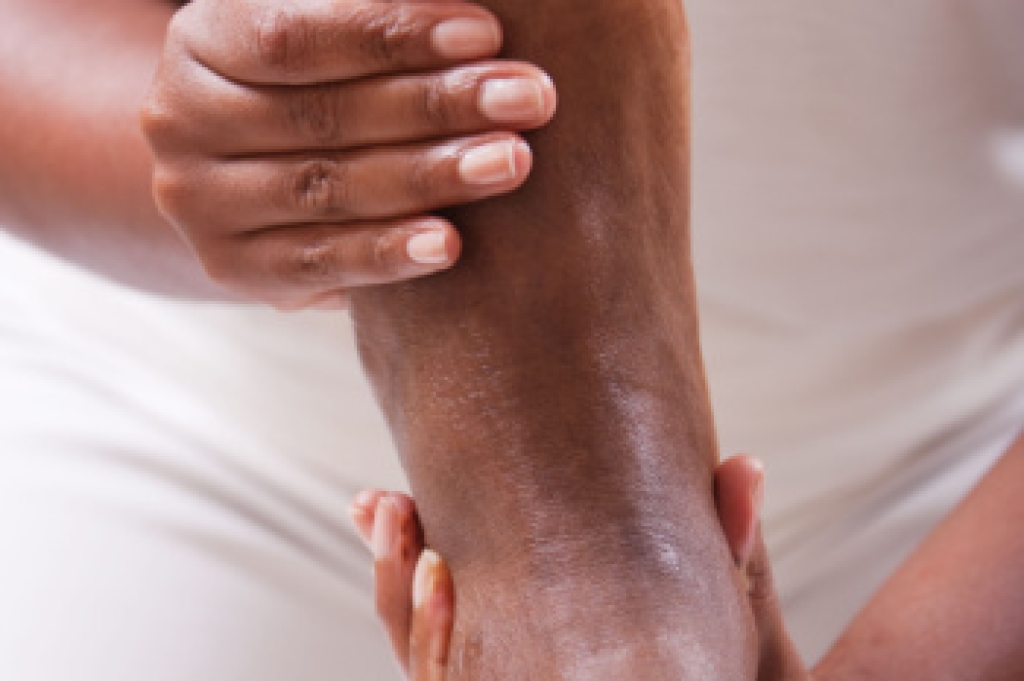
Foot pain can often be managed with conservative care, but certain conditions may eventually require surgical treatment. Problems such as severe bunions, advanced arthritis, chronic tendon tears, and persistent nerve compression can cause ongoing pain and limit mobility, despite nonsurgical efforts. Recurrent ankle instability, fractures that do not heal properly, and deformities that interfere with walking may also lead to surgical discussion. In some cases, long-standing plantar fasciitis or painful hammertoes may warrant intervention when daily activities are consistently affected. Surgery is usually considered only after more conservative treatments like orthotics, targeted exercise, footwear changes, and activity modification have failed to provide relief. The goal is to reduce pain, restore function, and improve alignment so walking becomes more comfortable. Each condition requires careful evaluation to determine the most appropriate approach. When foot pain continues to interfere with daily life, it is suggested that you see a podiatrist for a proper diagnosis and treatment options, which may include foot surgery.
Foot surgery is sometimes necessary to treat a foot ailment. To learn more, contact Glenn Aufseeser, DPM of Lakewood Foot and Ankle Specialists. Our doctor will assist you with all of your foot and ankle needs.
When Is Surgery Necessary?
Foot and ankle surgery is generally reserved for cases in which less invasive, conservative procedures have failed to alleviate the problem. Some of the cases in which surgery may be necessary include:
- Removing foot deformities like bunions and bone spurs
- Severe arthritis that has caused bone issues
- Cosmetic reconstruction
What Types of Surgery Are There?
The type of surgery you receive will depend on the nature of the problem you have. Some of the possible surgeries include:
- Bunionectomy for painful bunions
- Surgical fusion for realignment of bones
- Neuropathy decompression surgery to treat nerve damage
Benefits of Surgery
Although surgery is usually a last resort, it can provide more complete pain relief compared to non-surgical methods and may allow you to finally resume full activity.
Surgical techniques have also become increasingly sophisticated. Techniques like endoscopic surgery allow for smaller incisions and faster recovery times.
If you have any questions, please feel free to contact our offices located in Lakewood and Manchester Township, NJ . We offer the newest diagnostic and treatment technologies for all your foot care needs.




